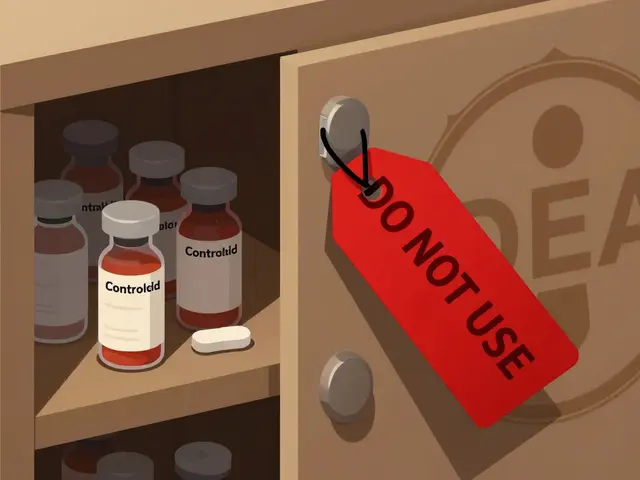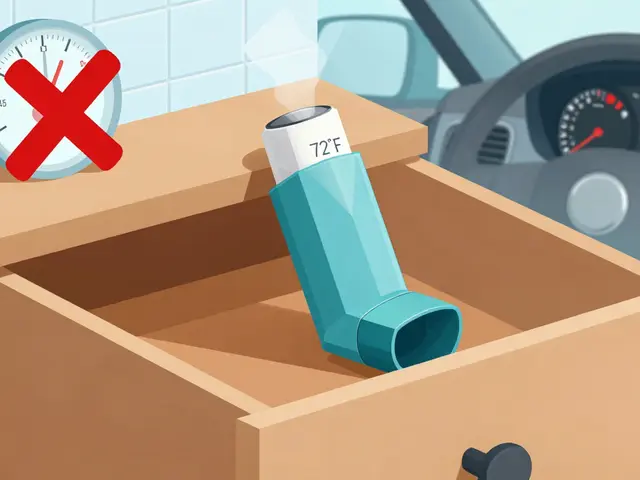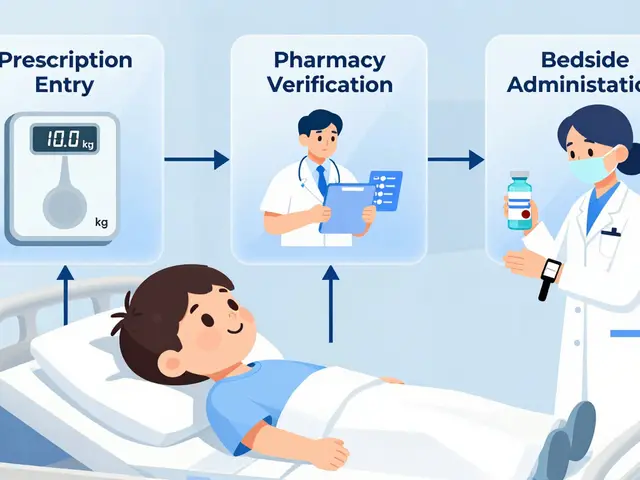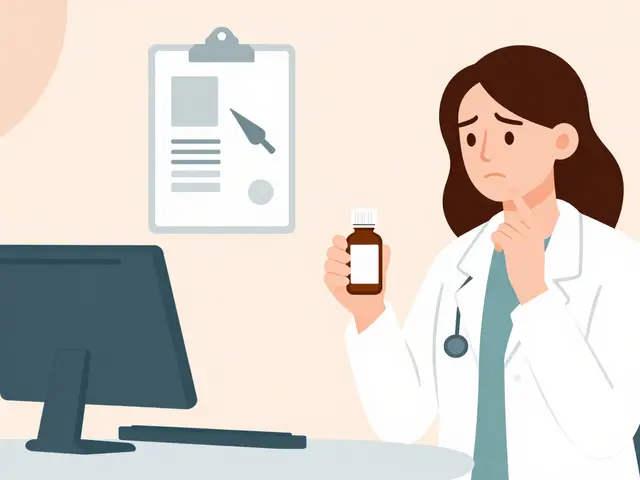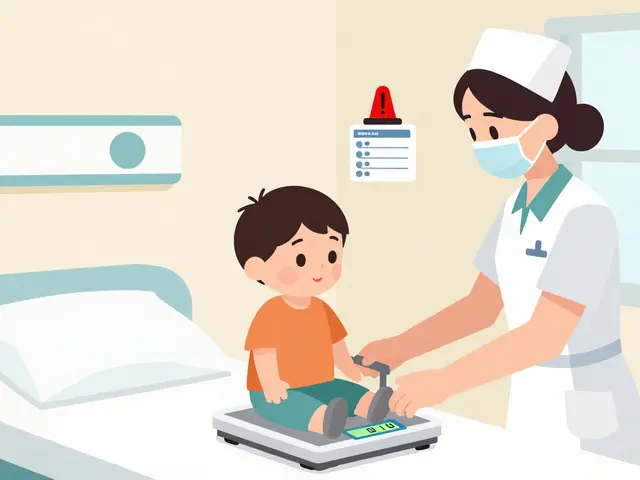Early menopause: signs, tests, and what to do next
Did your periods stop before age 40? That could be early menopause (also called premature ovarian insufficiency). It's not rare and it deserves quick action — diagnosis, health checks, and a plan that covers menopause symptoms, fertility goals, bone and heart health, and emotional support.
Diagnosis & tests
If you’ve missed periods for several months, see a doctor. They'll usually check blood levels: follicle-stimulating hormone (FSH), estradiol, and anti-Müllerian hormone (AMH). High FSH and low AMH point to low ovarian reserve or ovarian failure. Your doctor may also order thyroid tests and autoimmune screens, since thyroid problems and some autoimmune conditions can cause similar symptoms.
Getting a clear diagnosis matters because treatment changes if you want to preserve fertility. Talk about options early — egg freezing or IVF with donor eggs are practical routes for many women.
Treatment and daily steps
Hormone replacement therapy (HRT) is the main treatment for women with early menopause. It replaces estrogen (and sometimes progesterone) and eases hot flashes, night sweats, mood swings, and vaginal dryness. For most women under 50, doctors recommend HRT until the usual age of menopause to lower risks of bone loss and heart disease. Low-dose vaginal estrogen can help persistent dryness without significant systemic effects.
Fertility matters? Look into ovulation induction and other options. Our article on alternatives to Clomid covers current options for ovulation induction and fertility planning (see Best 2024 Alternatives to Clomid at https://allgenericmedicine.su/?p=19524).
Bone and heart health need attention. Early estrogen loss speeds bone density loss and raises heart disease risk. Take calcium (about 1,000–1,200 mg/day from diet and supplements) and vitamin D (800–2,000 IU/day as advised by your doctor). Do weight-bearing exercise 3–4 times a week and avoid smoking. For more on bone-related hormones, read The Influence of Calcitonin on Muscle Function and Strength (https://allgenericmedicine.su/?p=22273).
Mental health and sleep can suffer. Anxiety and mood swings are common; safe options include therapy and approved medications. If anxiety is part of your picture, our Buspar article explains how buspirone works and what to expect (https://allgenericmedicine.su/?p=28203).
Other practical steps: keep a symptom diary (hot flashes, sleep, mood), get a baseline bone density scan (DEXA), check cholesterol and blood pressure, and review any current meds with your doctor. If you have thyroid disease like Hashimoto's, get that managed — thyroid health affects menstrual cycles and energy (see Levothyroxine: Hashimoto's Disease Treatment at https://allgenericmedicine.su/?p=22874).
When to see a specialist: if you’re under 40 with missed periods, if you want children in the future, or if symptoms are severe. A reproductive endocrinologist can map fertility steps; an endocrinologist or gynecologist can manage hormones and long-term health risks.
Early menopause is a change, but it's manageable. With the right tests, treatments, and lifestyle moves, you can protect your bones and heart, manage symptoms, and make informed choices about fertility. Start by booking a medical check, then build a short-term plan (symptoms) and a long-term plan (bone, heart, and fertility).
In recent years, ovulation tests have become an important tool for women trying to identify early signs of menopause. These tests work by detecting the surge in luteinizing hormone (LH) that occurs just before ovulation, which can be an indicator of diminishing ovarian reserves. As I've learned, early menopause can have significant consequences for a woman's health, so being aware of any changes in our bodies is crucial. By using ovulation tests, we can potentially spot signs of early menopause and seek medical advice sooner. This proactive approach can help us better understand and manage our reproductive health.
Continue reading...


